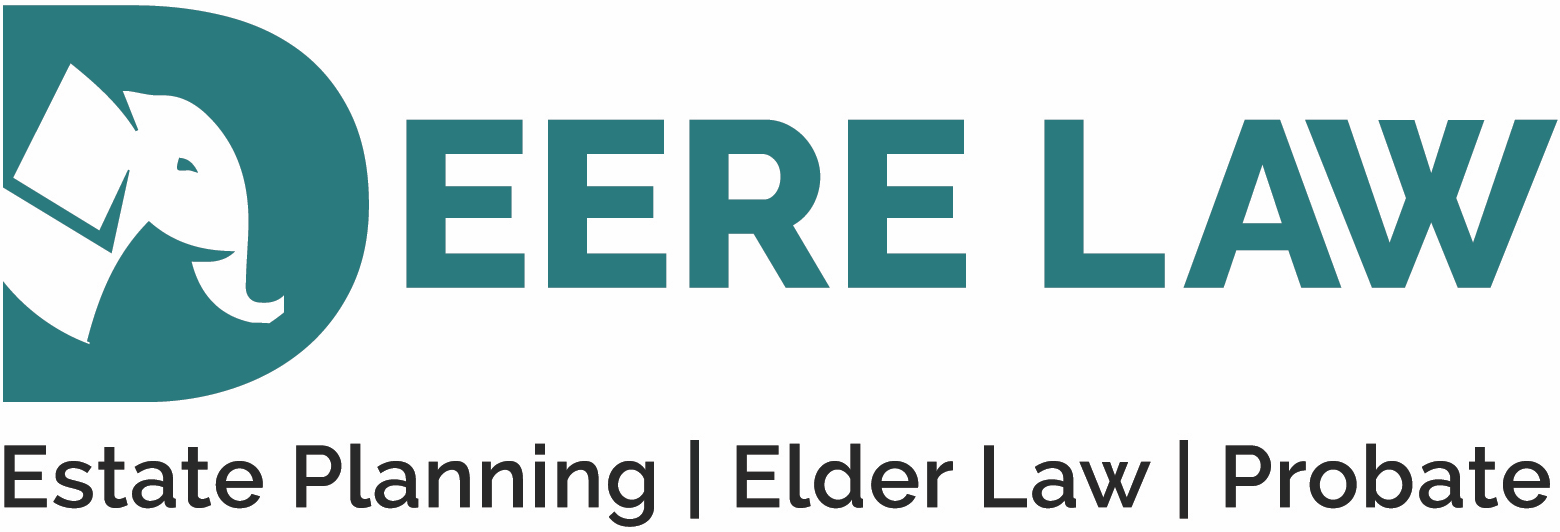Probate & Trust Administration
When someone passes away it takes an emotional toll on family members and loved ones. In addition to grieving the loss of your loved one, you may also find yourself involved in the probate of the decedent’s estate. At Deere Law Firm, we can help you navigate the probate process if you find yourself named as the Executor of an estate or are otherwise involved in the probate process. Contact the Deere Law Firm today to learn more. Give our office a call at (561) 515-4376 to get started with an initial consultation.
We Handle Probate Law Cases, Including:
FORMAL ADMINISTRATION
The formal administration of probate occurs when the Personal Representative (Florida’s term for an executor) files a probate case before the local court where the person dies. The judge appoints a personal representative to oversee the estate and issues Letters of Administration, giving authority to the personal representative to act - . paying the deceased person's debts and releasing property to beneficiaries.
SUMMARY ADMINISTRATION
A summary administration of probate is a simplified process and is usually limited to probate proceedings when the value of the entire estate, less the value of property exempt from the claims of creditor, does not exceed $75,000 or the decedent has been dead for more than two years and the decedent's will, if any, does not direct a formal administration.
ANCILLARY ADMINISTRATION
If a non-resident of Florida dies leaving assets in Florida, or has liens on Florida property, an ancillary probate proceeding in Florida may be necessary to dispose of the Florida property.
PROBATE BENEFICIARY RIGHTS
The rights of a probate beneficiary include the right to receive estate inheritance they may be entitled to established by a claim against the estate, as a legal heir to the deceased person, or based on a judgement.
What Is Probate?
Assets left behind by a decedent (person who died), including real property (a home or land), personal property (furnishings, cash, vehicles), or intangible property (copyrights, intellectual property) make up the decedent’s estate. Probate is the legal process by which those assets are identified and eventually passed down to beneficiaries (someone who was gifted something by the decedent in a will or trust) and/or heirs (someone who would legally inherit from the estate if there is no will) of the estate. If a last will and testament was executed by the decedent, the individual named as the executor in the will is responsible for overseeing the probate process. If the decedent died intestate (without a will), the court will appoint a Personal Representative (PR) to oversee probate.
What Steps Are Involved In Probate?
Because every estate is as unique as the person who owned the estate, the probate process is never identical for any two estates. There are, however, some common probate steps, including:
Identifying estate assets.
All assets owned by the decedent must first be identified and secured by the Executor or PR. A value for those assets will also need to be determined.
Creditor notification and payment of claims.
Creditors of the estate must be notified, either directly or through publication, that probate has been initiated. Claims submitted are reviewed and approved claims paid using estate assets.
Litigation of legal challenges.
Disputes can occur during probate. The most common of those is a will contest if a beneficiary or heir questions the validity of the will. Creditors may also appeal the denial of a claim. The executor or PR is responsible for defending the estate when a dispute occurs.
Calculating and paying taxes.
Federal (and sometimes state) gift and estate taxes may be due by an estate. The executor or PR must prepare the appropriate tax returns and pay any taxes due from the estate.
Distribution of remaining assets.
When assets remain after the payment of taxes and probate-related expenses, those assets must be distributed to the named beneficiaries and/or legal heirs of the estate.
Compassionate guidance for You & Your Family Through The Probate Process.
At the Deere Law Firm, we work with you and your family through the probate process. Contact our office today to request a confidential consultation to discuss your probate matters with our experienced attorney.
If you have additional questions about the probate of an estate, contact experienced West Palm Beach probate attorney Chioma Deere at Deere Law Firm by calling (561) 515-4376 or by filling out our online contact form.
QUICK LINKS
CONTACT INFORMATION
Phone: (561) 515-4376
Email: info@deere-law.com
Location: 1555 Palm Beach Lakes Blvd, Suite 920 West Palm Beach, FL 33401
Business Hours:
9 am to 6 pm - By Appointment Only





